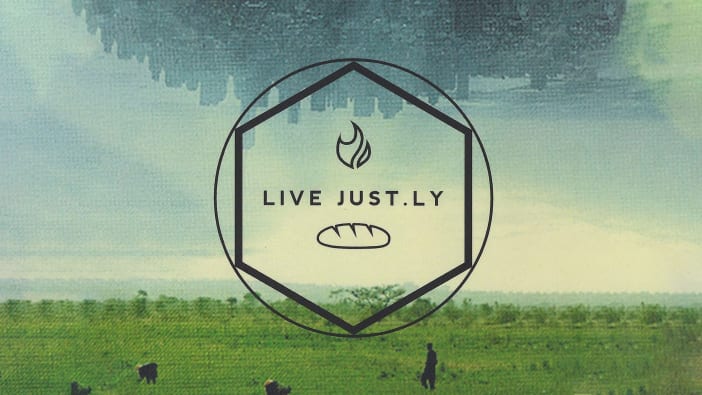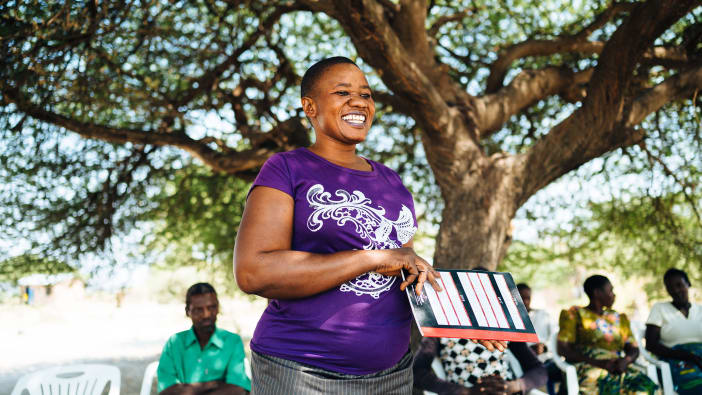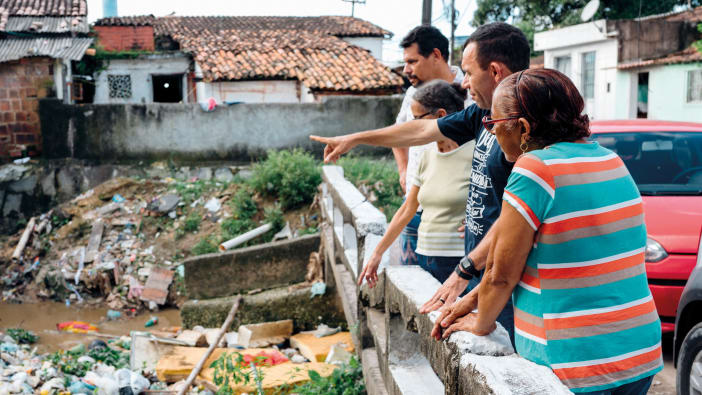Many organisations now use ‘rights-based approaches’ to development. These approaches hold institutions and powerful people accountable for their responsibilities to those with less power. Rights-based approaches differ from ‘needs-based’ or ‘welfare’ approaches that create dependency on development agencies. They use participatory and empowering approaches and start by identifying violations of human rights rather than focusing on human needs.
Becoming aware of rights
Internationally agreed human rights are legally binding agreements between states. They define their duties and obligations towards their citizens. They provide a sound legal basis for advocacy work at international and national levels, and a practical frame work for programme planning. Rights-based approaches strengthen the ability of vulnerable groups to address the root causes of poverty and to claim civil, political, social and economic resources to meet their needs and to live with dignity. These resources are recognised as their human rights by international treaties.
Because of their vulnerability and lack of power, children have their own set of rights. These are laid out in the UN Convention on the Rights of the Child, (CRC). Increasingly, government ministries are using a children’s rights framework to guide policy and practice and to monitor children’s wellbeing. In Colombia, for example, the Ministry for Social Welfare bases its policy and programming on the CRC and holds NGOs accountable in upholding children’s rights.
Children’s rights are helpful for bringing justice, services and protection to children. They provide a common basis for NGOs, churches and government authorities to work together to improve children’s lives.
Christian motivation
Many Christian organisations work in difficult environments – situations where human rights abuses take place on a daily basis. Several come to mind: freedom of religion, the right to participate in the political process, freedom to meet together and the right to education. Christian organisations need to be fully aware of human rights, but with a distinctly Christian perspective. Christians and the church may be called to accept injustice and violation of rights against themselves but at the same time to be committed to actively seeking justice and upholding other people’s rights. It is a motivation of love rather than law (Christopher Wright, Human Rights: A Study in Biblical Themes, Grove Booklet No 31 on ethics, 1979).
Paul Stephenson is Director of Children in Development with World Vision International. His address is: PO Box 9716, Federal Way, WA 98063, USA. Email: [email protected]
Case study
Jessica, aged 14, explained how she learned about her rights as a member of a Children’s Network in Colombia. She lives in a community displaced by the civil conflict. However, she recognises that she and the other children can lobby the government to address their rights to education, health, protection and peace. Jessica and some of her friends marched in Bogotá to protest about some of these issues. A local TV channel interviewed them. It may be a small beginning, but the children now feel empowered and respected. They are hopeful that they can change things for the benefit of their community.









